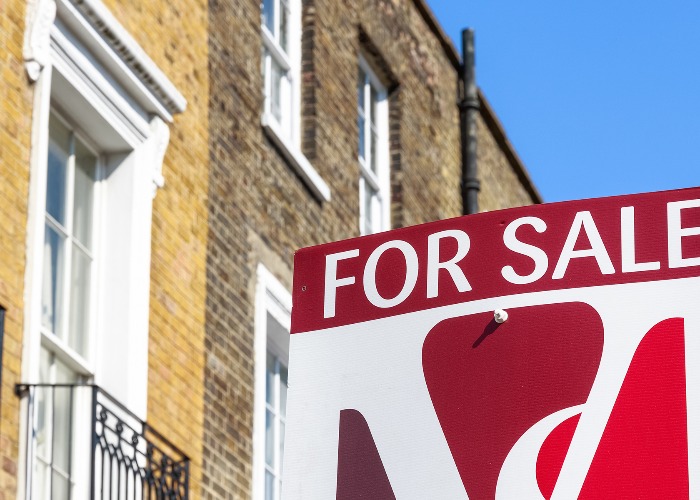House price growth slows in the southeast as the ‘London effect’ takes hold

After years of rising house prices, the housing market in cities such as Oxford and Cambridge is showing signs of weakening
Sellers in the southeast are being forced to drop asking prices and offer discounts to sell their home as the ‘London effect’ spreads, according to the latest data.
The UK Cities House Price Index for April 2018 from Hometrack shows that house price growth in London, Oxford and Cambridge has slowed down over the past year, despite the fact that UK city house prices are up 4.9% year on year.
The slow down follows a period of rapid growth that has priced many buyers out of the market in London and which seems to be being mirrored in other southeast cities.
One of the problems is that supply is outstripping demand, with more homes coming on to the market than are actually selling – hence more choice for buyers. This, together with stretched affordability, concern over Brexit and tax changes have led to an almost static housing market in the three cities.
London's housing market slowdown
The average house price in London now stands at £488,000, up 0.8% from 2017 – a small increase considering house prices in the capital have risen by 8.6% over the past five years.
In addition, 16 London boroughs have actually seen a drop in prices over the past year.
READ MORE: What it costs to live near every London underground station
Meanwhile, in Oxford prices rose just 1.3% despite a 7.4% increase over five years, while in Cambridge, which has seen an overall increase of 7.2% in five years, prices are up just 0.1%.
The slowdown is even thought to be reaching south coast cities such as Portsmouth and Southampton where more discounts are being seen.
Regions are on the up
But it’s a different story as you move further away from the UK capital. The same data shows that large regional cities such as Manchester, Birmingham, Leicester, Nottingham, Cardiff, Sheffield and Edinburgh, are seeing the strongest house prices, with annual growth above the five-year average.
However, not all regional cities are seeing an increase – in Aberdeen where oil prices have dropped since 2014, sellers have been forced to drop asking prices by an average of 9.6%.
Richard Donnell, insight director at Hometrack, says: “The overall pace of overall city level growth has lost momentum as a result of virtually static prices in London and slower growth across southern England.
“Weaker consumer confidence and modest increase in mortgage rates are also impacting demand and mortgage approvals for home purchase have drifted lower in the last quarter. The cities index reveals, how macro and local factors such as the strength of the local economy and the relative affordability of housing are influencing the pace and direction of house price growth.”
Comments
Be the first to comment
Do you want to comment on this article? You need to be signed in for this feature